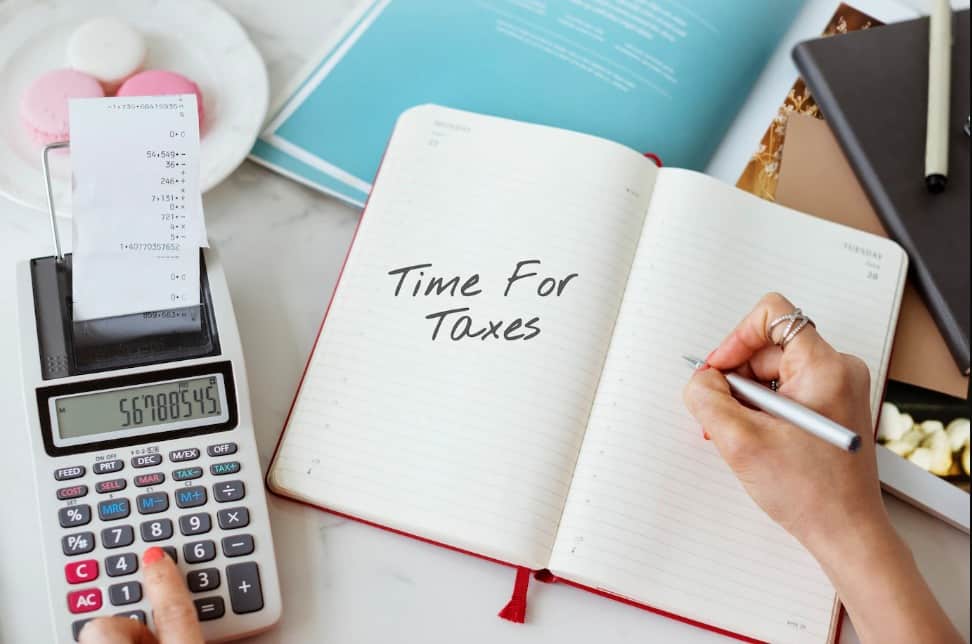A mail from the income tax department can trigger anxiety. But so long as you have no intention of hiding your income, it’s just a question of understanding why what the notice means and resolving it!
Filing tax returns has become as easy as logging onto the e-filing portal. Once the return is filed, you will receive an acknowledgement. However, tech glitches and a discrepancy in understanding just what data is needed, the IT department may send you a notice. Go through the email carefully, and revert as early as possible as most notices expect time-bound response. Here are five common types of tax notices about which you needn’t worry:
(a) Routine notices:
These are either about successful filing of return or errors and mismatch in the information. Mismatch and errors mainly include calculation errors, mismatch in income declared, incorrect personal details like Permanent Account Number (PAN), etc. It is also issued in case of a discrepancy in the tax paid or refund claimed.
(b) Scrutiny notices:
These notices demand clarification for assessment or reassessment of details mentioned in the returns, for examination purposes. Such notices come along with a questionnaire seeking information of a particular transaction or income and sometimes about a particular asset – date of purchase, its cost, source of fund, etc.
(c) Show cause notices:
When the tax department finds that there is concealment of income leading to shortfall in tax deposit, it issues this notice to demand explanation for such action. Generally this notice is accompanied with a penalty.
(d) Prosecution notices:
The department issues this notice in case of failure in filing returns within the prescribed time limit or shortfall of the tax.
(e) Notices on details of income/assets outside India:
The department sends out this notice to seek clarification or documentary evidence on various sources of income or assets located outside India. This is done to curb the flow of black money and benami property.
How to reply After filing returns online a tax notice will be issued and the related response procedure has to be followed. On receiving a notice, access your income tax account under “My Account”, click “My Pending Actions” tab or “Worklist” and then go to “For your action” to see if any demands or arrears are pending. You can respond to most of the notices online; unless personal appearance is specifically asked for, wherein the individual has to meet the officer. Personal appearance is typically required when the assessing officer wants to discuss the case further or verify original documents.
Things to remember It is mandatory to reply to these notices within the stipulated time. There is a general penalty of 10,000 INR for each default. There may also be specific and severe penalties, if the assessee, you fail to produce the required documents or information. In some cases the penalty can be as high as 300% of tax dues and jail term up to seven years. In case you need additional time to respond or provide documents, request for an extension by approaching the respective officer or through the online portal. If you feel unable to revert appropriately, contact the office – the portal does have a helpline that can resolve your problems with empathy.
Similar blog you may also like to read – Benefits of Filing Income Tax Returns
New Investor? Request a Callback.
Fill in your details and we will guide you at every step
other blogs

Career Tax May 28, 2024
Financial Year vs Assessment Year: What’s the Difference?
A common confusion among women is the difference between Financial year vs Assessment year. While it may be easy to get confused between the two, there are some very important differences between the terms. As a woman, it is imperative to understand the difference between Assessment year vs Financial year so that no errors are … Financial Year vs Assessment Year: What’s the Difference?

Mutual Funds Tax February 19, 2024
Tax Planning Strategies for Mutual Fund Investors
Investing in Mutual Funds can be very exciting. In the process of investing for your goals and watching your money grow, it is common for women to forget about a crucial aspect of investing i.e., Tax Planning. This blog will provide some insight on taxation on mutual funds and how to save tax on mutual … Tax Planning Strategies for Mutual Fund Investors

Career Tax January 19, 2024
ELSS vs PPF: Choosing the Best Investment for Tax Savings
When it comes to tax-saving investments, understanding the choices is key. In this comprehensive guide, we delve into the world of “ELSS vs PPF,” helping you make well-informed financial decisions. Equity Linked Savings Schemes (ELSS) and Public Provident Fund (PPF) are both popular options, but which one suits your needs better? Join us as we … ELSS vs PPF: Choosing the Best Investment for Tax Savings









